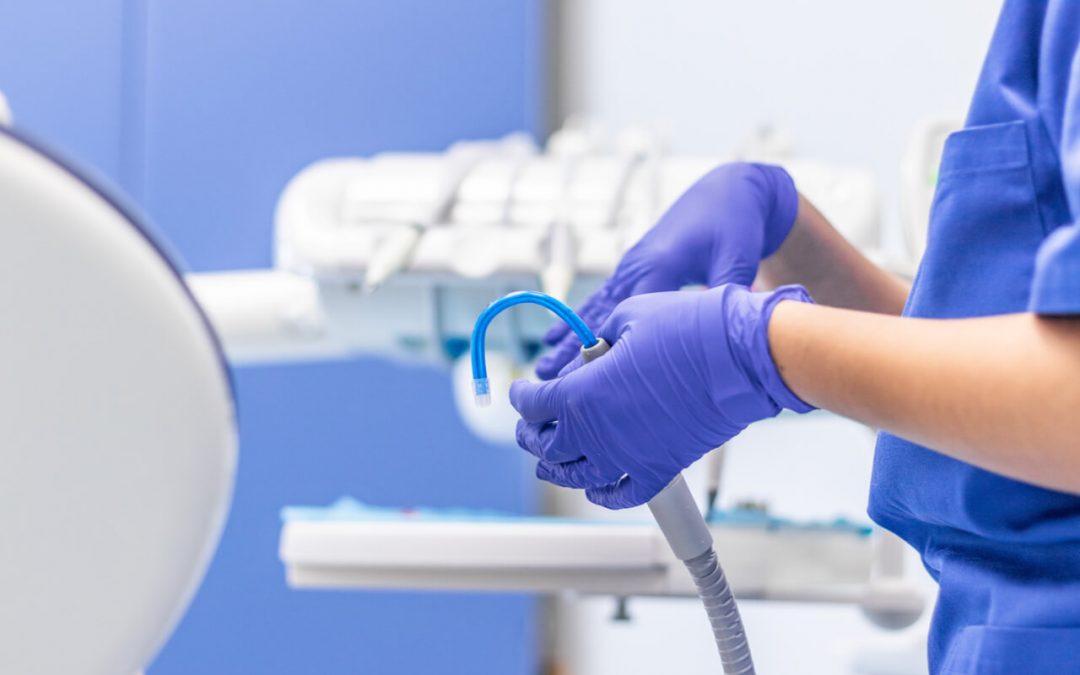What is the compressed air?
Compressed air is air kept under pressure. The air is forced inside a smaller space, making the molecules move closer to each other. It is greater than the atmospheric pressure, and serves as an important medium in transferring energy in industrial processes-dental practice is one of these. Compressed air serves different purposes, including (1)Pneumatic, (2)In vehicles, (3)Underwater diving, (4)Cleaning, (5) Refrigeration, and many more.
What is a dental air compressor?
Manufacturers especially designed this compressor to accommodate the dental or medical practice. Dental practices use an air compressor to ensure a safe and comfortable service provided to their patients. This compressor is essential dental equipment. It ensures efficient dental work towards the patients.
They use this equipment significantly during dental surgeries. A dental air compressor helps compress, clean, dry and store air, resulting in powered handpieces. It removes impurities thru an inline filtration system. It also removes moisture from the air. In effect, it protects the handpiece and eliminates bacteria.
What are the factors to be considered in choosing your dental air compressor?
 Every equipment has this set of considerations to check before purchasing. The dental personnel should at least know what to check before deciding to buy this kind of equipment. Some are stated below:
Every equipment has this set of considerations to check before purchasing. The dental personnel should at least know what to check before deciding to buy this kind of equipment. Some are stated below:
- Air Quality: This is the most critical consideration of all. The health and safety of the patients are at risk if the compressor has no good air quality.
- Power: The standard requirement of a dental clinic falls mostly between one and five horsepower. They use this to maximize the efficiency of the equipment.
- Pressure: There are specific pressures needed while a dental tool is used. For this reason, the compressor must provide the necessary amount of pressure to be able to use the tools simultaneously and safely.
- Production and size: The compressor shall exceed the required ratings for cubic feet per minute (CFM) or the litres per minute (LPM). It will ensure that they can handle other dental tools smoothly, and there will be no problem even if they add another equipment. The size of your compressor depends on the scope of your dental practice.
- Use of oil: Commonly used in dental clinics are oil-free compressors. These type of compressors prevent contamination of the surrounding fluids, which may affect the health of the patient. Additionally, oil-free compressors have a lesser maintenance requirement compared to oil-based compressors. Furthermore, oil-free compressors are lighter compared to oil-based compressors.
- Motors and parts: All dental compressors work using motors. You have to ensure that the motor condition is good. All the parts of a compressor are essential to be in good working condition.
- Manufacturers: You can always do background checks on your suppliers for a quality and productivity check.
Another key point is that some countries require registration of compressors. They ask for the compressor permit concerning a certain size and pressure rating. In this case, you have to clearly communicate with the local authorities beforehand to prevent hassle during your installation of the compressor. You can also ask recommendations from trusted persons about the right certification for compressors.
Air compressors are significant in dental practices. If you want to purchase high-quality dental air compressors, we will gladly give you further details about our products. Please contact us now!



